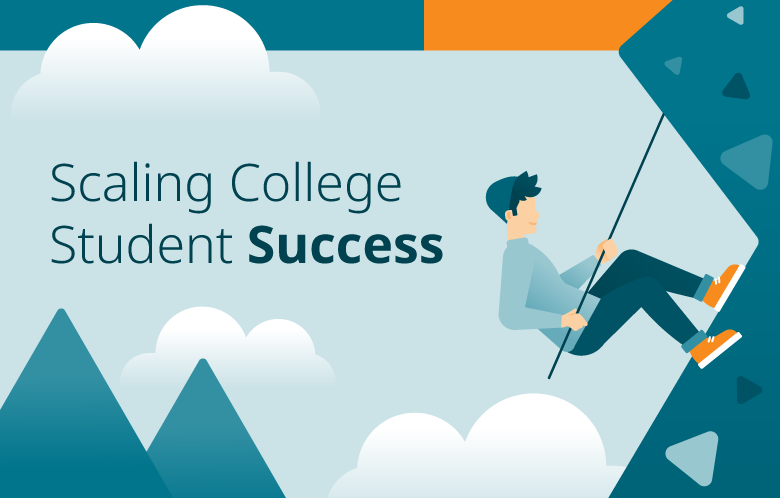Transcript | Download
EBSCO’s Open Access to Trustworthy Information
Sara Earley
Hello, my name is Sara Earley and I'm the Senior Vice President of Product Management for research databases, EDS content and Flipster.
At EBSCO, we're committed to ensuring discoverability and providing access to all scholarly content, whether it's open access or your traditional for-fee research.
Our approach to identifying and selecting content for inclusion in databases is based both on quality, as well as ensuring diversity and scholarship. As more open access journals are published and as many transition to open access, these will always be considerations for inclusion in our databases.
And by virtue of this commitment, the way that we treat open access content is exactly the same as the way that we treat non open access content, which enables us to curate the most comprehensive, trustworthy, and quality content collections from across the globe.
It also allows us to apply our expert abstracting and subject indexing across all content. And when we couple that with our superior search technology, it enables us to deliver the most relevant and meaningful results to our users across billions of records.
And finally, we deliver this all through a modern, personalized user experience, where any user can access, search, choose and use the content on our platform.
Open access is only impactful if it gets discovered, which is why the underlying approach to curation, indexing and relevance ranking is so critical and central to our commitment of indexing and providing access to the world's scholarly literature.
Bridget Page
I'm Bridget Page, I'm a Senior Product Manager for EBSCO Discovery Service content.
EBSCO Discovery Service has long had a focus on including reputable, open access resources in our base index for searching. When we launched the product back in 2012, some of the very first databases that we loaded were open access, such as Directory of Open Access Journals, Archive, ERIC, MEDLINE.
Now nearly 10 years later, we have over 100 freely available bibliographies and full text databases, all with easy to set up links out to the source material.
Customers of EBSCO Discovery Service and EBSCO's Holdings and Link Management tool have the ability to select individual open access titles and collections, and set up linking out to those resources. And we also have a partnership with Unpaywall to provide links from any applicable EBSCO Discovery Service record out to the open access article.
In the last couple of years, we have loaded six open access databases, including Directory of Open Access Books, Open Research Library, SCOAP3, OpenStax. We have about six more in the queue to load in the upcoming year, and we have a plan in place to keep reputable, open access content at the forefront of our content integration strategy.
Kara Kroes Li
Hello, my name Kara Kroes Li, and I'm the Director of Product Management for EBSCO eBooks.
As academic publishers experiment with open access models, EBSCO wants to demonstrate our support by hosting this content on our platform, driving usage to it, extending the reach and increasing the impact.
This year, we launched our first major initiative to support open access e-books, the EBSCO eBook Open Access Monograph Collection. It's a growing collection of titles from a range of scholarly publishers, including both commercial and university presses. And we've made them available on our platform free of charge alongside other eBooks in the library's collection.
We've also made it available on the open web, so that users do not need to be affiliated with the library in order to access them.
We know that both libraries and publishers want open access e-books integrated into their existing library workflows, and this visibility will soon be available in GOBI. Libraries will be able to both see that a title is open access and also quickly confirm that their users have access to it through their EBSCO eBook collection.
Looking forward, we will continue to expand our support for open access monographs, and we hope that this contributes to a robust and sustainable ecosystem for them.
So stay tuned!


